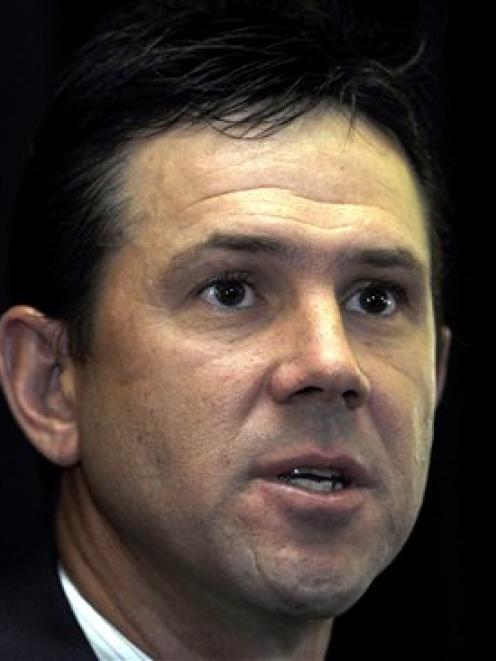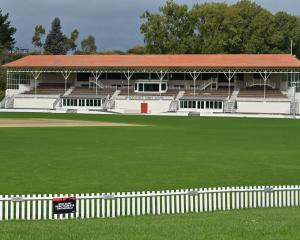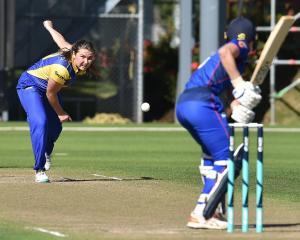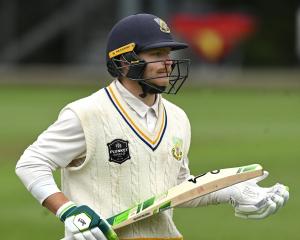
The former Australian captain was the first witness when the trial at the Southwark Crown Court resumed overnight, where Cairns faces charges of perjury and perverting the course of justice.
He did not appear in person in London but answered questions by video link from Australia, like other witnesses such as New Zealand cricketers Shane Bond, Andre Adams and Kyle Mills already had.
Ponting was a teammate of Brendon McCullum at the Kolkata Knight Riders in the Indian Premier League in 2008.
He told the court he was sitting in the team hotel sharing a drink with McCullum a few days before the tournament started when McCullum's phone rang.
Ponting said it was a brief conversation, no more than five minutes. McCullum told him it was "Cairnsy, he just made me a business proposition," said Ponting. "He referred to him as Cairnsy, the only Cairnsy I know is Chris Cairns."
He did not ask McCullum any questions.
"As soon as he said it was about business, I wasn't interested any more."
Under cross-examination from Orlando Pownall QC, Ponting agreed that decisions made on the cricket pitch can later be criticised by pundits and fans.
He was questioned about whether he should have batted first in an Ashes test in 2005, which England won by two runs, which would have changed the result.
"May have won, would be more appropriate," said Ponting.
He agreed that he wrote the foreword to McCullum's book about T20 cricket and knew him "reasonably well".
McCullum and Ponting have a shared interest in racehorses and gambling, which in part is why Ponting's nickname is "Punter".
Asked whether McCullum could be described as naïve or vulnerable, Ponting said no.
Mr Pownall also asked whether he would have immediately reported Chris Cairns to the authorities if approached about matchfixing, to which Ponting agreed.
McCullum waited nearly three years to report the alleged approach, which has become a point of attack for Cairns' legal team.
Ponting said he knew what spread betting was and did not needed someone to explain it, like McCullum said he had asked Cairns to.
Asked whether he thought McCullum knew what spread betting was, Ponting replied: "Right now I would, in 2008 maybe not so much."
Ponting said he did not ask McCullum about the "business proposition", as it was "none of my business."
McCullum last week told the jury that Ponting was his best friend in cricket outside New Zealand.
He recalled a similar version of events of having a drink with Ponting in a hotel bar several days before the IPL tournament started when they were interrupted by a call from Cairns.
He was in Kolkata and had a "business proposal", according to McCullum, who then met in Cairns' hotel suite where they shared a bottle of red wine, then ordered a curry.
After a bit of small talk, McCullum said Cairns offered him up to US$180,000 to participate in spotfixing.
McCullum said he declined the offer the following day and told the jury about a second alleged approach in England, which he said he also rebuffed.
He did not tell Ponting what he said happened at the meeting in Kolkata.
In her opening address, Ms Wass said Ponting remembers when McCullum received the phone call from Cairns in 2008.
She said this was inconclusive evidence but dovetails with McCullum's account.
It was not until February 2011 that McCullum formally reported the alleged approach, following a presentation by John Rhodes of the Anti-Corruption and Security Unit of the International Cricket Council.
A delay in reporting an alleged corrupt approach can be lead to a ban of between one and five years, although McCullum conceded he had not been charged with any breaches of the code of conduct.
Other witnesses expected to be called overnight include player agent Leanne McGoldrick.












